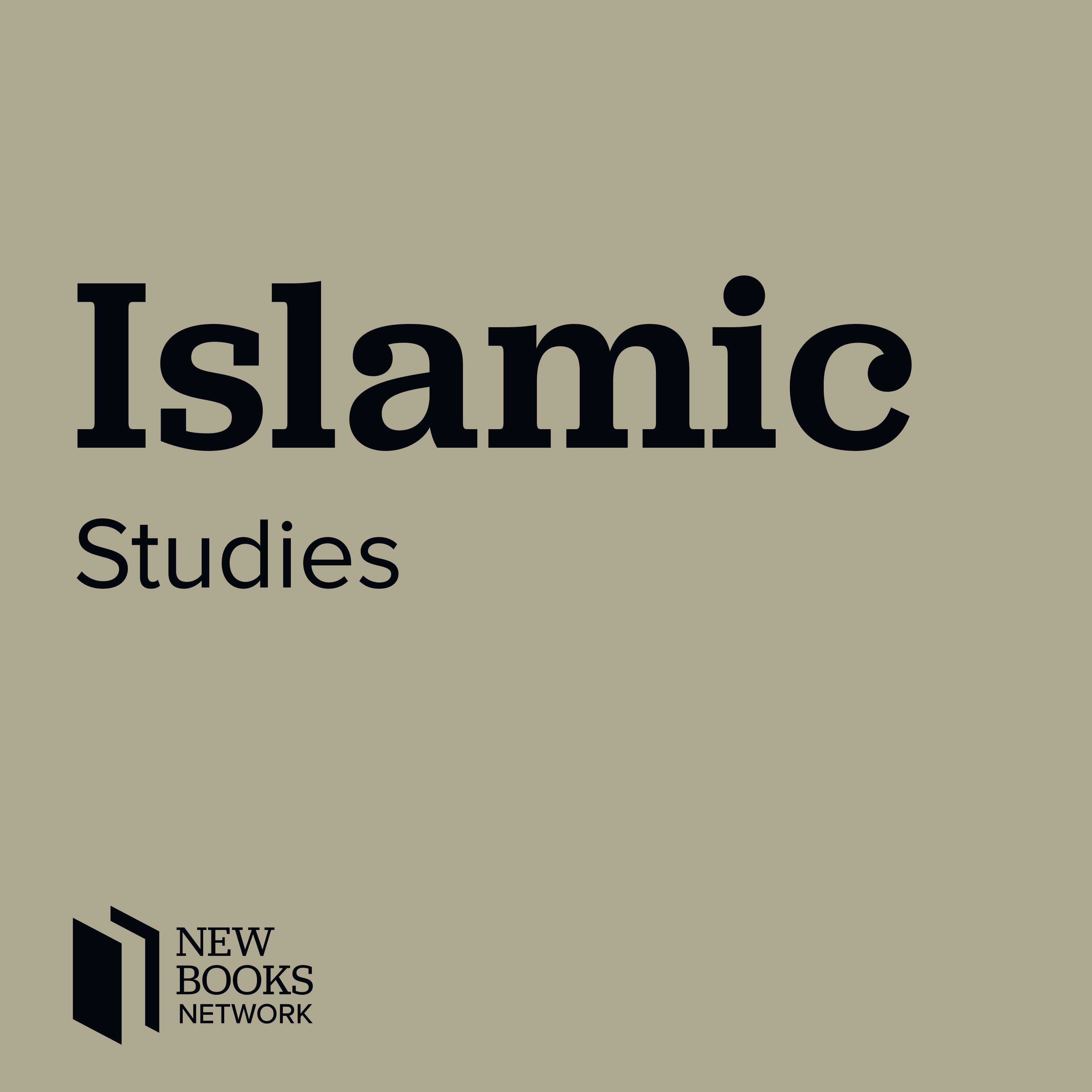Adam Bursi, "Traces of the Prophets: Relics and Sacred Spaces in Early Islam" (Edinburgh UP, 2024)
Description
Adam Bursi’s Traces of the Prophets: Relics and Sacred Spaces in Early Islam (Edinburg University Press, 2024) uses writings by early Muslims to map a history of material objects, relics, and tombs of prophetic figures as they were conceptualized in the 8th and 9th centuries. The book draws from various genres of writings, including biographies and hadith of the Prophet Muhammad and Qur’an commentaries and juristic compilations to capture the tensions and practices around tomb and relic veneration. Some of the discussion of Muslim relic veneration are polemical as they aim to establish some boundaries around similar pious practices amongst Jewish and Christian communities. In the process, we learn that there were indeed debates with regards to the post-mortem “traces” or “athar” of Muhammad’s tomb, which then impacted how spaces associated with him were also perceived, as well as other prophetic figures like Ibrahim (Abraham) or Daniel. Such examples raise conceptual questions of absence and presence and Prophet Muhammad’s capacity for intercession and obligatory versus non-obligatory rituals. In charting these early Muslim debates and narratives, Bursi masterfully captures the differing approaches Muslims had to holy bodies and sacred spaces. The book will be of interest to scholars who think about early Islamic history and also for scholars who work on contemporary Islamic material and shrine cultures.
Shobhana Xavier is an Associate Professor of Religious Studies at Queen’s University. More details about her research and scholarship may be found here and here. She may be reached at [email protected]. You can follow her on Twitter via @shobhanaxavier.
Learn more about your ad choices. Visit megaphone.fm/adchoices
Support our show by becoming a premium member! https://newbooksnetwork.supportingcast.fm/islamic-studies
More Episodes
In Terracene: A Crude Aesthetics (Duke UP, 2023), Salar Mameni historicizes the popularization of the scientific notion of the Anthropocene alongside the emergence of the global war on terror. Mameni theorizes the Terracene as an epoch marked by a convergence of racialized militarism and...
Published 05/05/24
How are notions of justice and equality constructed in Islamic virtue ethics (akhlaq)? How are Islamic virtue ethics gendered, despite their venture into perennial concerns of how best to live a good and ethical life? These are the questions that Zahra Ayubi, an assistant professor of religion at...
Published 05/04/24
Published 05/04/24


